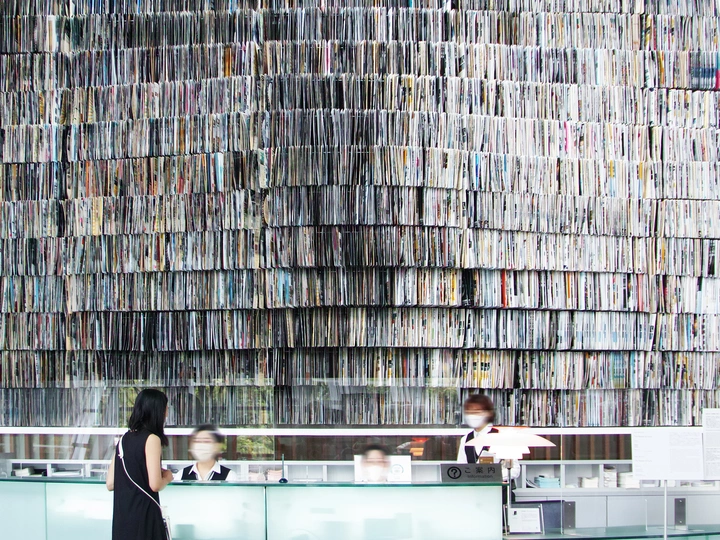Architecture of By- Products

Yuriko Yagi
PAN- PROJECTS is dedicated to design that celebrates the cultural diversity and uniqueness of our living world. We conceive architecture holistically, carefully combining elements they believe should be viewed as works of art in their own right. This is achieved through genuine collaboration with multidisciplinary makers and clients from various backgrounds, recognising the distinct value they bring to each project.
The Architecture of By- Products; the potential of wasted materials as urban storytellers.
PAN- PROJECTS reidentifies the concept of waste and considers it as By- Products of urban lives. The interpretation allows us to conceive the mere wastes as urban storytellers that hold memories of the city where they belong. With this perspective in mind, our studio has observed cities through By- Products as a way to explore aspects of different urbanism that have never been seen in such a way.
Alongside the research, our studio has been working to create architectures of By- Products in the past few years. Not only to develop a new sustainable design method but also to manipulate the urban stories that By- Products possess in order to create the space that is truly rooted in the city of birth.
As buildings are the biggest creation of human beings in terms of scale, historically people upcycle their wastes to create architecture that consequently represents the lives of the lands. Our interest is in reintroducing this old custom in contemporary society to explore the potential of the architecture of by-products which hypothetically allow us to create a new model of, so to say, vernacular architecture.
The first series of our architectural experimentation took shape in the form of pavilions made of used papers that are collected across the city. Paper Pavilion (Copenhagen, Denmark) and The Matter of Facts (Tokyo, Japan) are two representative projects we created to showcase the urban memories reflected on each paper.
The ongoing project MUM (Mie, Japan) aims to connect the dining experience of seafood with the fishing industry by designing furniture and tableware made of ocean plastic collected particularly from the local fishery. Conceiving ocean plastic as By-Products of seafood, the project aims to reconcile the relationship between the sea and human society; exploring the concept of nature in the present day we live in.